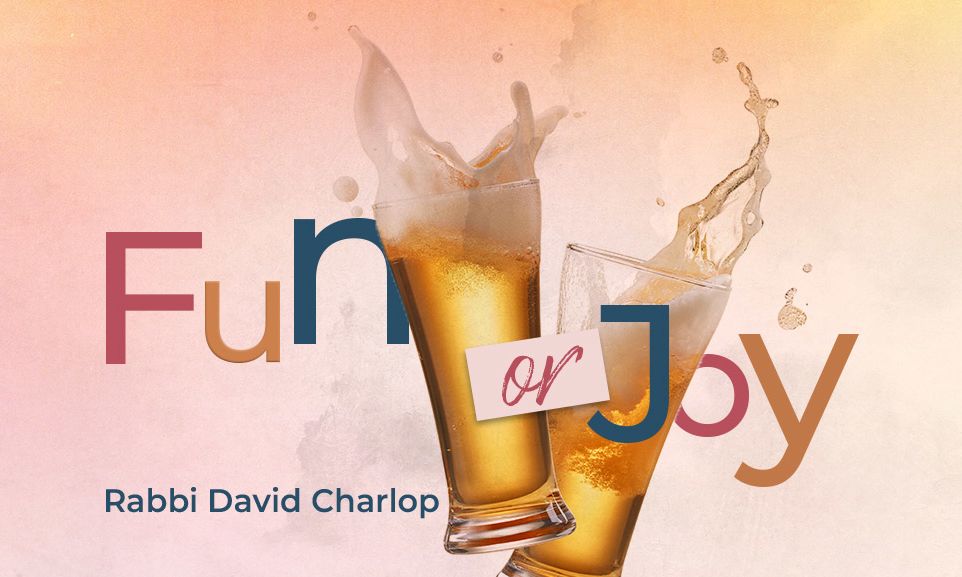
Fun or Joy?
Having a couple of beers with the boys? You could have fun but don’t count on a deep sense of joy. Fun is surface and short term, joy runs deep..

One of the remarkable requirements of the holiday of Sukkot is to be b’simcha[1], to be in a state of joy. And how fortunate are those that have partaken in the infectious celebration of this special time. I often feel bad for all the wonderful Jews who attended Rosh Hashanah and Yom Kippur services, but don’t get to enjoy the benefits of the excitement and celebration of Succot!
Being joyous – b’simcha – is not always so easy but I wanted to share what I think is a foundation of how to develop this essential trait, not only for Sukkot but for the entire year as well.
Which is more pleasurable, watching a concert or playing in it? Which do you think would be more fulfilling, watching a movie or acting in it?

Elena Dijour / Shutterstock.com
I think most people enjoy being involved in the doing as opposed to the watching. If so, why are so many more people “watchers” than “players”? Also, based on our preference, how are Hollywood and the sports channels so successful in keeping us such good “watchers” being “glued to our sets”?
I think the answer lies in the difference between fun and simcha. The simple way of remembering the difference is what I call the “one-three principle” which I’ll try to explain.
There is a pattern of all great accomplishments which takes three steps. There is the initial experience or excitement about a goal or a dream, for example, getting married, having the physical relationship that produces a child, or even watching a powerful movie. These incredible experiences create a unique reality. There is an elation in the moment, a certain light-headedness, an almost other worldly feeling. One would hope the moment would last forever but, bottom line, it never does. There’s a good reason why it never does, as we’ll try to explain.
At this initial stage, as intense as the experience might be, it doesn’t last since it’s not grounded. Simply put, it was experienced but it wasn’t earned. For the exuberance of the moment to last and become real, serious effort needs to be invested to bring the excitement into a day-to-day reality. That process takes years of hard work and challenges in marriage, child-rearing, or whatever other lofty ideals a person wants to concretize.
With work, diligence, and a lot of prayer, you can regain that initial intense experience but this time it is earned, it’s yours. You can savor the blessings of blood, sweat, and tears. But there’s a catch. It’s not easy. It takes all of one’s abilities to maintain a picture of the goal plus learning and sticking to the lessons of how to get there. On the other hand, which is sweeter, watching someone win the Gold Medal or being the Gold Medal winner?
Of course, there aren’t guarantees of success in marriage, child-rearing, or whatever other goals one has. But without the work, failure is basically assured, since there really are no shortcuts.
The actors we watch and the ballplayers we enjoy spent years developing and perfecting their skills and we have a good time watching them. But ultimately, they are doing the hard work and we are just spectators. Of course, there are times when we might want to relax and enjoy someone else’s excellence, in sports, music, etc. But that’s not a recipe for simcha.
With this picture in mind, let’s get back to the one-three principle. How many steps does it take to have fun? To ride the roller-coaster, to watch a great game? Answer: one. (You probably figured that out.) How many steps does it take to have simcha? To have a meaningful marriage, a healthy connection with one’s children, etc.? Answer: three, the initial inspiration or elation of the wedding or the child’s conception, then the arduous journey of making the dream real, and, finally, enjoying the fruits of your labor. And we all know that as much as fun as fun is, it’s no substitute for a deep sense of simcha/joy.
And if you’re not sure if you’re on the “fun” track or the “simcha” track, the simple test of whether a particular activity will bring you fun or simcha is by how much effort it will take. Having a couple of beers with the boys? You could have fun but don’t count on a deep sense of simcha. Fun is surface and short term, simcha runs deep and lasts for a very long time.
Much of what was said here is simple to us. If so, why is it so hard to accomplish the important goals we know will bring us a much deeper sense of satisfaction? There are many reasons, primarily is that it’s hard. But it doesn’t help that society is bombarding us with the idea that “fun” is “simcha”. The movie that shows the man and woman live happily ever after is a lie because we all know that it doesn’t work like that. The Super Bowl victory can be savored by the players but you and I didn’t do anything but watch. And don’t forget, the world of advertisement wants to keep you and I addicted to “one-step fun” by making life look so exciting and pleasurable and easy. But real life, real growth, real enjoyment takes effort, which Madison Avenue doesn’t want you to think too much about.
During the holiday of Sukkot, we enjoy “the time of our simcha/joy”. We’ve gone through the hard work of Rosh Hashanah and Yom Kippur, praying, introspecting, and committing ourselves to change. And in a larger context this process of hard work and change started with our celebration of Passover. And in all honesty, this cycle has taken millennium: we have worked very, very hard during these many years of exile. But all that work brings the indescribable pleasure of being connected to the Source of all Life, Hashem. Keep in mind the “one-three principles”, and with Hashem’s help, our goals will be clearer, our journey a little easier, and in the end, life will be filled with true simcha all year long.
* * *
Rabbi Dovid Charlop is on the teaching staff of the Neve Tzion Yeshiva in Telzstone, Israel. You can see more of Rabbi Charlop’s articles here.


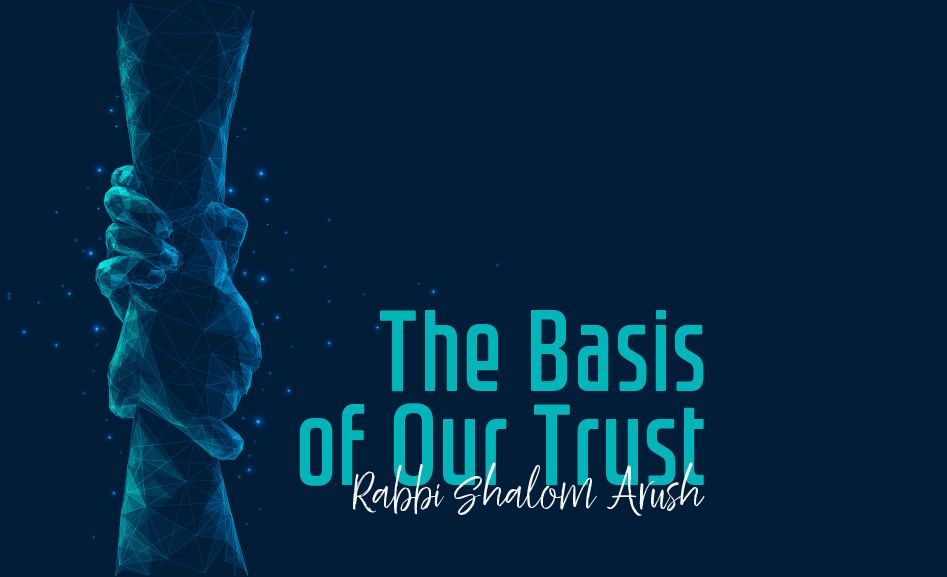
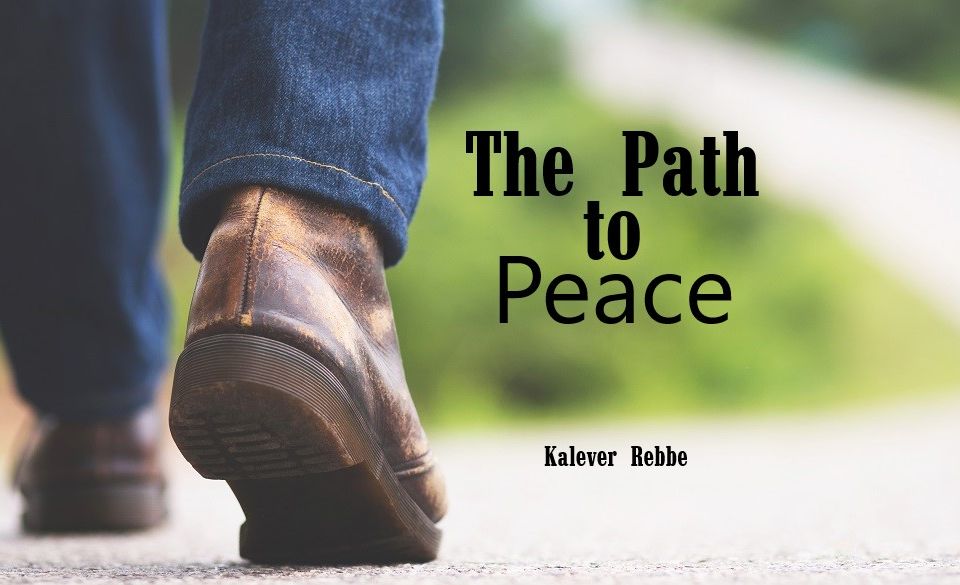





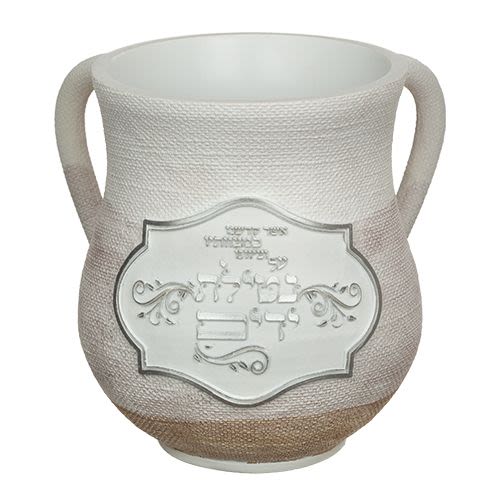

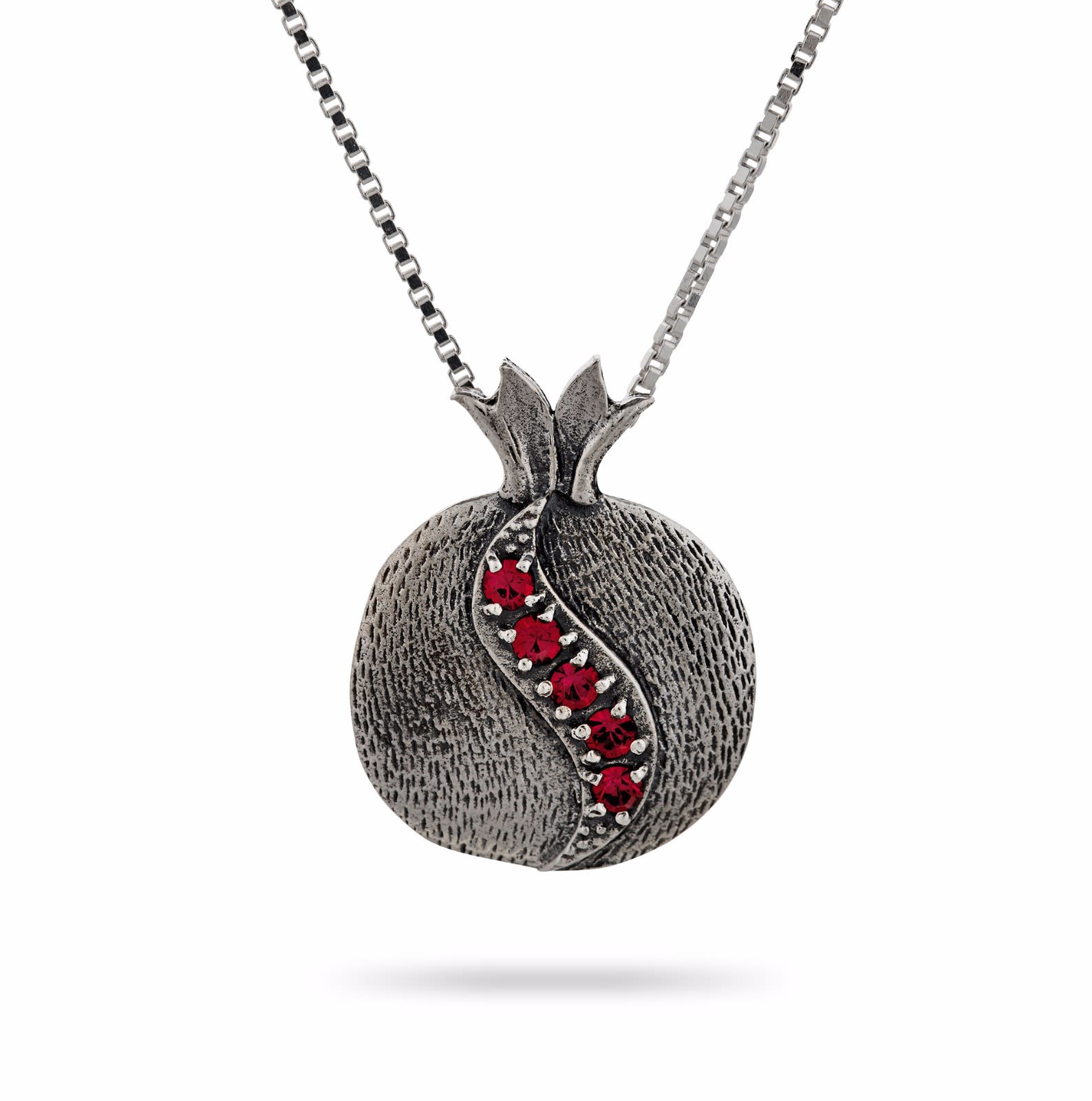
9/30/2015
Thank You
Thank you for this very important clarification!
9/30/2015
Thank you for this very important clarification!